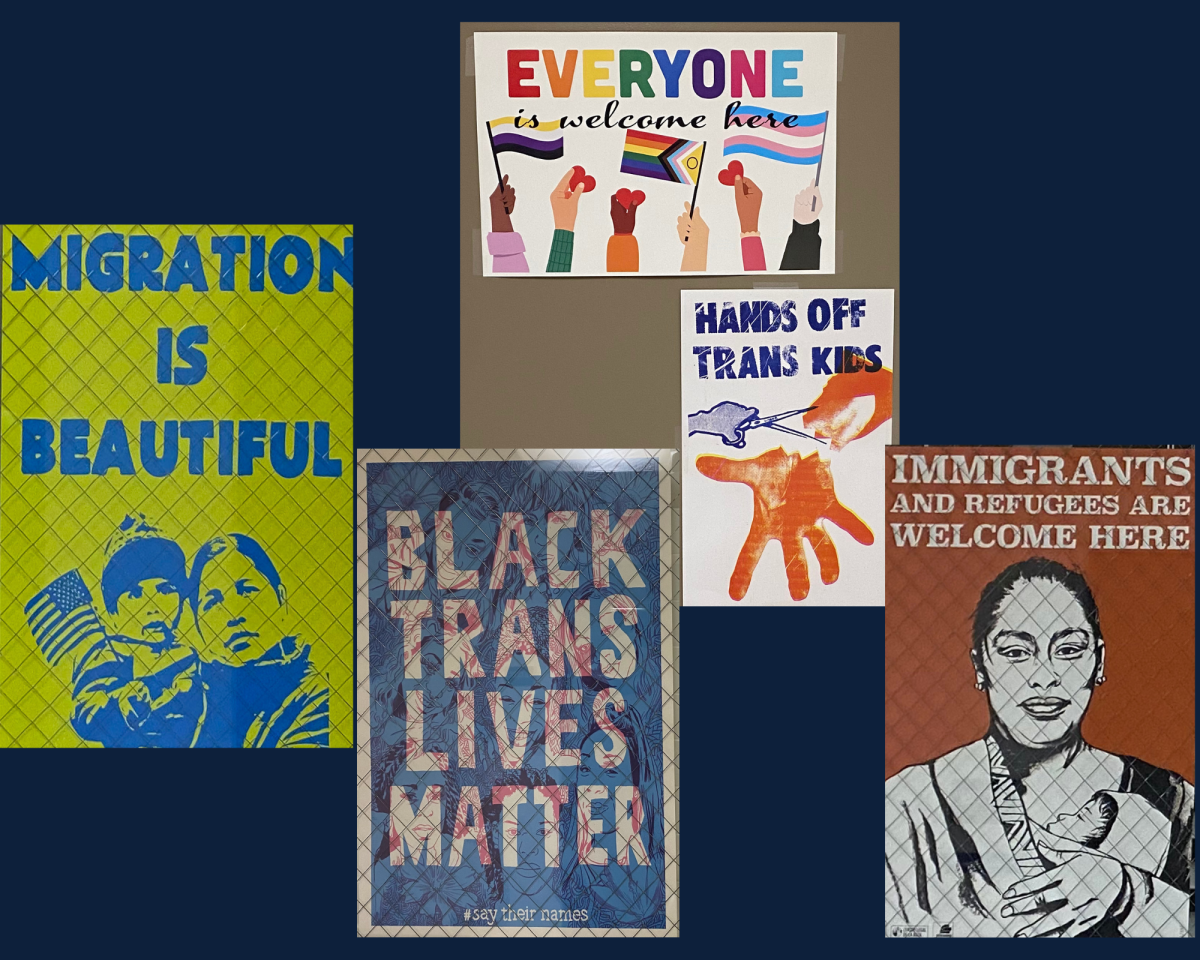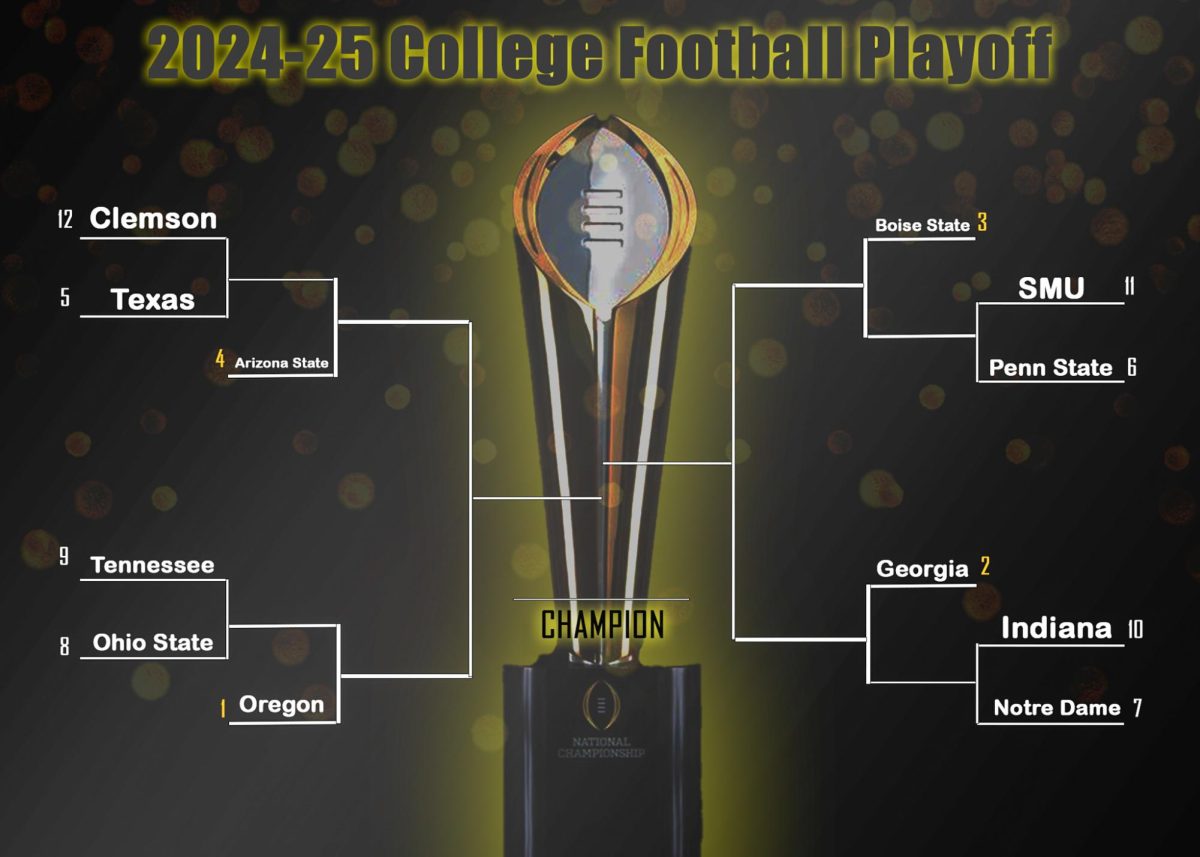The tsunami known as social media is changing the way we process relationships
The strangest part about the Internet is the fact that it never runs out of room for us to surf. We are surrounded by the overabundant waves. Some of us are drowning, while some of us are becoming professional surfers. Friends are getting left behind without notice as we try to catch the next wave.
In 1993, British anthropologist Robin Dunbar proposed his theory based on the size of the brain’s neocortex, which is the largest part of the cerebral cortex to evolve in the human brain and is correlated to several factors of human social interaction. According to Dunbar, we have a cognitive limit that only allows for us to maintain an approximation of 150 stable social relationships. Some of us are able to sustain up to 230, while some may only deal with 100.
As the internet has evolved at a frightening pace in the past two decades, news, opinion, and images have been able to be shared in an instant, which exudes a craving for more attention, causing us to get lost in a web full of search bars and preferences. We prefer certain friendships, whether online or in person, without indicative interaction.
Cell phones have made it easier to ignore the world in front of us for whatever world we choose to be a part of. Some of us are lost in a world of cat videos, while some of us are living high profile lives vicariously through celebrity accounts.
Have you ever caught yourself recalling a memory of something that you actually just saw on the Internet? Society has essentially evolved into a social experiment where subjects are led to believe that their online friendships genuinely have the same affects as their relationships in real life.
I don’t deny the glory in finding others across the country and, in some cases, even in foreign lands that share our interests, but I do believe we need to step out of our comfort zones, if only for a few hours during the day, to make some real life memories as we pursue the cognitive limit Dunbar suggests.
Whether it was something positive, negative or even meaningless, we allocate incidents with individuals into levels of importance for what they have done for us.
Human social interaction is marvelous for the fact that every individual is different, a certainty we must embrace, to learn to build upon our differences, and not divide ourselves even more through the use of cyberspace.







